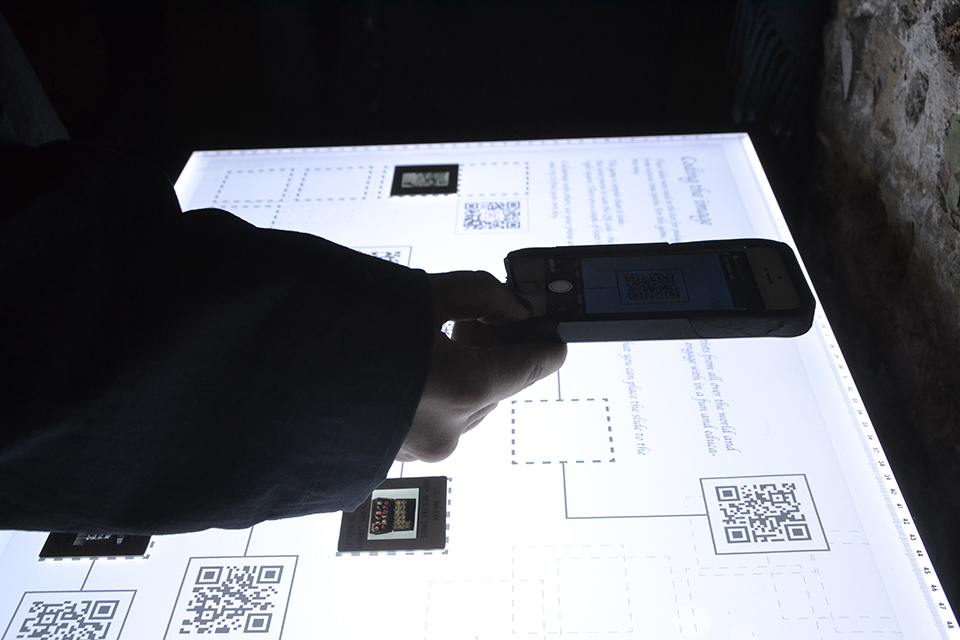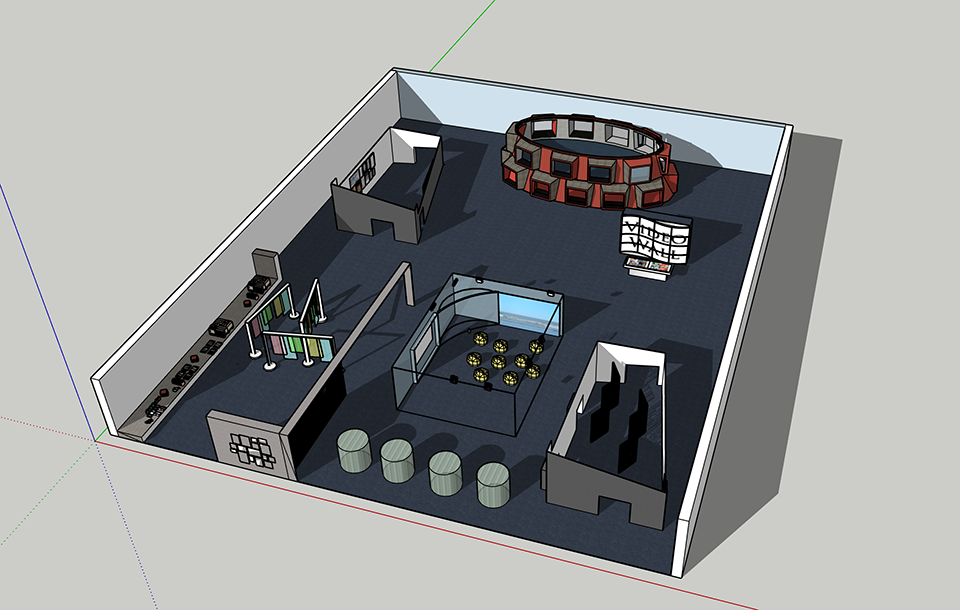Course information
Entry requirements
UCAS code
P130
Entry requirements
A-level: BBB
BTEC: DDM
IB: 33 points overall with Three HL subjects at 655
Length
3 years full-time
Department
Course overview
Do you want to advance your knowledge of contemporary art and pursue a professional career in the field of curatorial practice?
- Curating refers to a wide range of activities including the care of collections and the development of exhibitions, festivals, screenings, digital platforms and more. Curators engage with historical knowledge and respond to urgent social issues, staging culture as a way of bringing together multiple publics.
- Visual Cultures at Goldsmiths has been at the forefront of curatorial research for well over a decade, helping to redefine the profession. Drawing from this research, taught by leading curators and researchers, BA Curating combines a strong grounding in art history and contemporary cultural theory with the development of practical know-how and industry experience. To find out more about BA Curating watch Dr Janna Graham, talk about this programme.
- Alongside compulsory modules on the history, theory and practice of curating, you will be able to choose additional modules in art history, fashion, technology and performance, allowing you to focus your interests and get the most out of your degree. You will gain a good understanding of both the history of art and the history of exhibitions, learning how curatorial work shapes our understanding of visual culture.
- The course will support you in developing a wide set of curatorial skills. Over three years you will work on a variety of assignments closely mentored by course staff and practising curators. This will allow you to become a more critical thinker and confident researcher, able to shape your curatorial projects successfully and communicate your work to a wide variety of audiences.
- Students become familiar with the dynamics of different professional settings, from large museums to volunteer-run organisations and digital spaces through both visits and on-site project experience. A core component of the course is a placement within an arts organisation during the second year. In the past, students have worked with The Wellcome Collection, the Sir John Soane’s Museum, Cubitt, The Women’s Art Library, Bethlem Gallery, The Showroom, Gasworks, Institute of Contemporary Art (ICA), Queens Museum (NY) and charities such as Single Housing Project. In their third year, students collaborate to organise a public exhibition with partner institutions, which further develops their skills in planning, programming and publicising exhibitions and events.
- Fostering collaboration and peer support is a crucial aspect of the course. BA Curating students benefit from their own dedicated room, which they can use to stage work-in-progress, organise events and socialise around their course commitments. They are encouraged to initiate their own projects or join some of the existing ones, like The Art Columnist journal.
- They can also enjoy a rich programme of public events within the Visual Cultures department and the wider Goldsmiths community as well as the world-class exhibitions at the newly opened Goldsmiths Centre for Contemporary Art. Our London location means that there are lots of opportunities to benefit from a rich network of art organisations, with some of the teaching delivered through gallery visits.
Why study BA Curating at Goldsmiths
- Visual Cultures at Goldsmiths is internationally renowned for its research on Curatorial Practice and you will be learning from leading theorists and practitioners.
- You will study compulsory modules on curatorial history, theory and practice alongside option modules in art history and visual culture that allow you to focus on your particular interests.
- You will be mentored to develop the know-how and practical skills necessary to practice as a contemporary art curator through a number of practical assignments as well as an industry placement in your second year.
- You will develop your ability to work collaboratively and will work with your peers in your third year towards your degree show.
- You will be supported to develop student-led projects and will have access to our dedicated Curating Room to host your events.
- You will benefit from the rich programme of events at Goldsmiths as well from world-class exhibitions at the newly opened Goldsmiths Centre for Contemporary Art.
- Our London location means you’ll never run out of galleries, events, museums and visual culture to explore in the capital.
Contact the department
If you have specific questions about the degree, contact Dr Lenka Vrablikova.


.jpg)